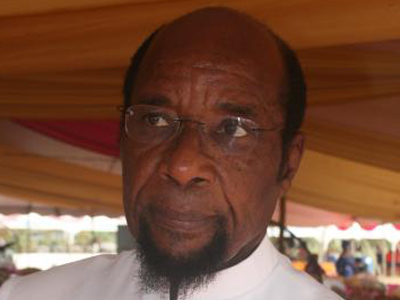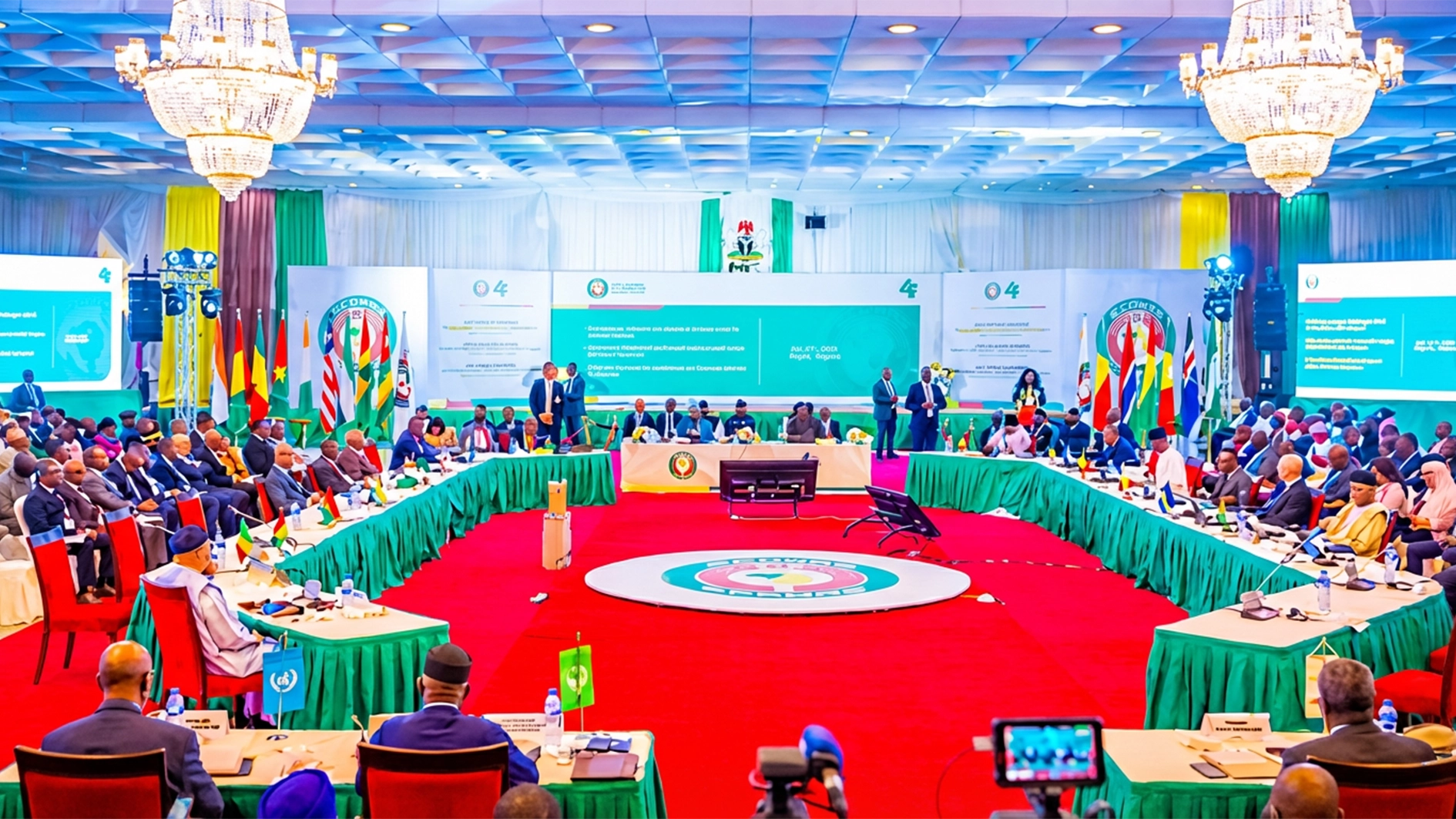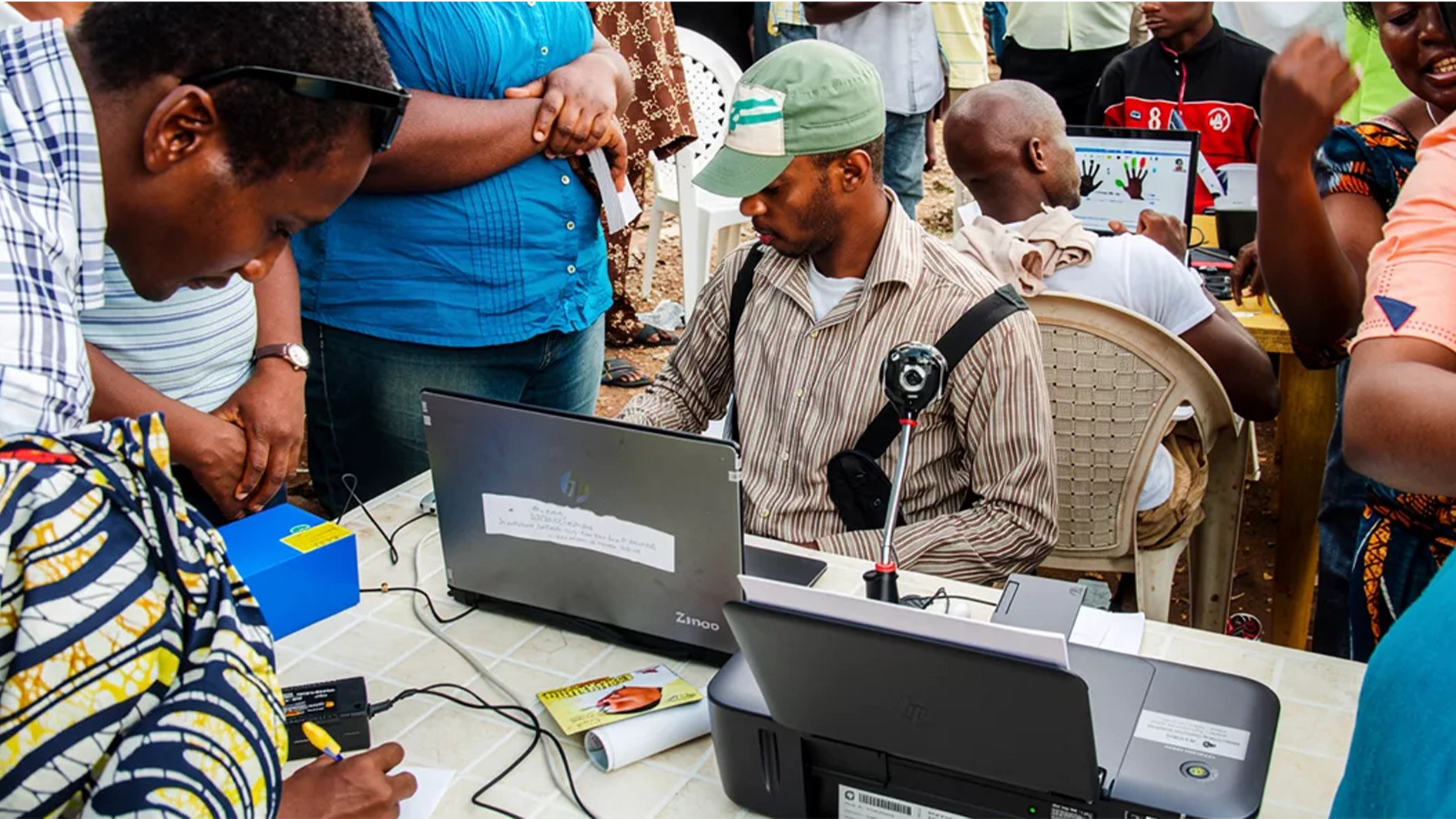
AS legislators make last-minute permutations for key positions in the National Assembly in a new government, one man who would not be forgotten in a hurry for his forthrightness, erudition and ability to elevate discourse in the Senate Chambers to a magisterial level, is Senator Uche Chukwumerije, whose remains shall be committed to mother earth today.
Chukwumerije, 75, widely acclaimed, albeit controversially, as one of Nigeria’s few strong silent voices, died in Abuja on April 19, 2015 after a brave battle with lung cancer. He was a distinguished nationalist, who had acquired friends and acquaintances across national divide and social status without succumbing dispositionally to the dictates of such associations. In a country laden with men of shallow minds in high places, Chukwumerije in the National Assembly was refreshingly different. He was deep, cerebral and pleasantly engaging, even in the most esoteric of issues.
Until his death, Chukwumerije was the chairman of the Senate Committee on Education; and in this regard he found himself stuck in one of the most turbulent educational crises that have befallen this out-going administration, when the Academic Staff Union of Universities (ASUU), Academic Staff Union of Polytechnics (ASUP) and the College of Education Academic Staff Union (COEASU), amongst other educational trade unions were bedeviled by incessant and prolonged industrial crises. In the face of government insensitivity and executive grandstanding during the crises, Chukwumerije displayed a posture that many have misconstrued as aloofness. Beyond the statement of the Minister of Education describing him as “an esteemed team player” – a euphemism for a supporter of the establishment, Chukwumerije was largely silent, his usual taciturnity, iron-cast audacity, gentle stubbornness and moral strength were largely unfelt. And how would history read this?
Born on January 11, 1939 in present-day Abia State, he attended the University of Ibadan, where he earned a double honours Bachelor of Science degree in Economics and Politics. Upon graduation, like a crop of university graduates bent on revolutionalising the army, Chukwumerije was said to have contemplated joining the Nigerian Army, but changed his mind when he discovered that the military was a “dull and conservative institution.” He rather opted for a teaching job in a Lagos secondary school where he taught English and Literature, before joining the Nigeria Broadcasting Service. Following the 1966 coup and the ethnic tension it generated, Chukwumerije left Lagos for the then Eastern Nigeria, where he joined the Biafran War Information Bureau. He is recalled to have come to limelight during this period, when he demonstrated his strong revolutionary zest and became Biafra’s visible chief propagandist.
After the war, Chukwumerije was briefly out of circulation until he started publishing a Marxist intellectual magazine, Afriscope, which before long went out of circulation. He would not occupy the public domain again until the Ibrahim Babangida contrived Transitional Council appointed him the Minister of Information and Culture in 1993. Here, Chukwumerije shone and faithfully served the junta.
In spite of everything he did, he wallowed in infamy when he ran against the tide over the annulled June 12, 1993 presidential election supposedly won by the late Moshood K.O. Abiola. When many had thought that he would deploy his progressivist acumen and ethical radicalism in support of the people’s movement against autarchy and the grand deception of the military government of General Ibrahim Babangida, Chukwumerije pitched tent with the junta. This gesture was inconsistent with a moral disposition that normally would have made him act otherwise. He found himself on the wrong side of history.
In the same usual disappearance act, Chukwumerije went low until he was elected the Peoples Democratic Party (PDP) Senator representing Abia North Senatorial district in 2003. When he fell out of favour with the PDP leadership having opposed President Obasanjo’s Third Term agenda, he decamped to Progressive Peoples Alliance in 2006, and was re-elected to the Senate on April 28, 2007. He came back to PDP years later, and was re-elected as Senator in the April 2011 elections.
Notwithstanding his depth, misconstrued haughtiness and ethnic loyalty, Chukwumerije was also a Bohemian and lover of life – a quality that picked his friends and associates from all strata of society and ethnic divide. From the eulogies rendered by fellow legislators to the effect that the National Assembly has, with the demise of Chukwumerije, lost one of the most cerebral and intellectually endowed senators National Assembly has produced, it behoves the National Assembly to revisit the quality of minds and the character of persons it accommodates in its hallowed gathering. Having recognised the inevitability of sound minds in the uplift of debates and reforms proposals at the National Assembly, it is a wish that the praises and eulogies showered on Chukwumerije are expressions of sincere thoughts and feelings.
Chukwumerije’s life also reflected a truth to self-personal philosophy. His practice of nationalism with conviction is a quality worth emulating. Right from his Biafran days, through the Babangida-Abacha years, and up until his legislative post, he was consistent in his understanding of nationalism. Where many would have sniffed out dubious means from our corrupt economy to enrich self and family members, Chukwumerije was tenacious in his moral responsibility.
Lastly, despite the sore the civil war inflicted on Nigeria’s heart, Chukwumerije remained a total Nigerian, shedding the pain and angst of that inglorious interlude for a forward-looking Nigeria.






